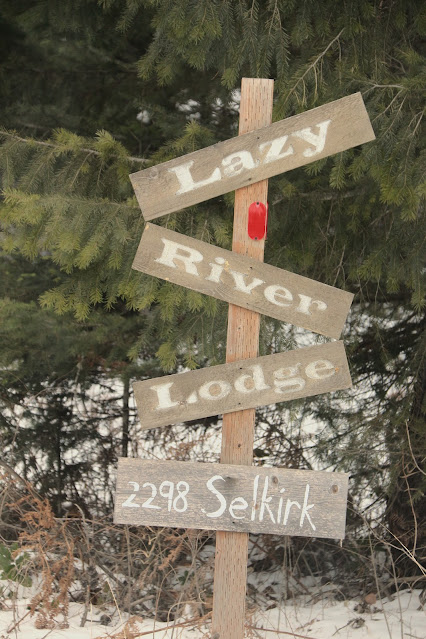I had a friend tell me a couple of weeks ago that she does no social media.
"I'm a talker," she said.
She went on to tell me, during our first phone conversation in nearly 60 years, that her kids know that when they have news to share, to please call her.
She wants to have a conversation.
Ever heard of one of those?
I know the answer for most folks my age but still must muse about communicating in the world where we now live.
Efficiency in discourse, it seems these days, is best established by sending acronyms or a set of letters or even single letters standing for words that you're supposed to automatically know or through emojis.
This morning I read an item in the New York Times Newsletter dealing some ancient history in communicating.
In case you've forgotten, it was called "email."
from the Times . . . .
"Before texting, email was an efficient way to communicate, and the way we communicated was in sentences, paragraphs, fully developed thoughts.
"We hadn’t yet glimpsed the future where “k” or a thumbs-up emoji was considered communication."
I look at these new means of communicating and wonder if maybe that's why our world is so screwed up.
People send "efficient" messages to others and assume (ASS-U-ME) that the receiver knows what they are talking about.
The receiver reads the message and comes up with or responds according to his or her own inferences or conclusions.
Never mind that the sender, who didn't know how to spell the acronym which was supposed mean "bathroom in the forest," properly spelled "BIF," actually typed "BIFF" which, among other things, means "brief, informative, friendly, and firm."
What's the receiver to do if the sender meant to "meet me at your favorite 'BIF' instead of "please keep your response "BIFF"?
Things could get dicey with this kind of communication happening at all levels of our society.
Maybe that's an explanation for why so many changes that was supposed to happen yesterday are suddenly not going to happen today, after all.
The plan probably changed because of confusing messaging.
I think my friend has the right idea. It is still important to talk directly to people not only to establish some real human contact but also to have the opportunity to make sure the messages exchanged are correct.
And, if talking won't do, maybe emails with complete sentences might be better than confusing text messages.
Of course, talking directly to people involves listening, and I'm guessing in many cases our society could use a refresher on listening skills.
Just some Saturday morning musings.
It's a quiet day here at the Lovestead. We're dealing with some blah weather, and there's not too much excitement on the agenda today.
Bill will go into Spokane and watch the Lady ZAGS, and I'll pretend to work hard keeping the "home fires burning" while enjoying snatches of college basketball games.














No comments:
Post a Comment